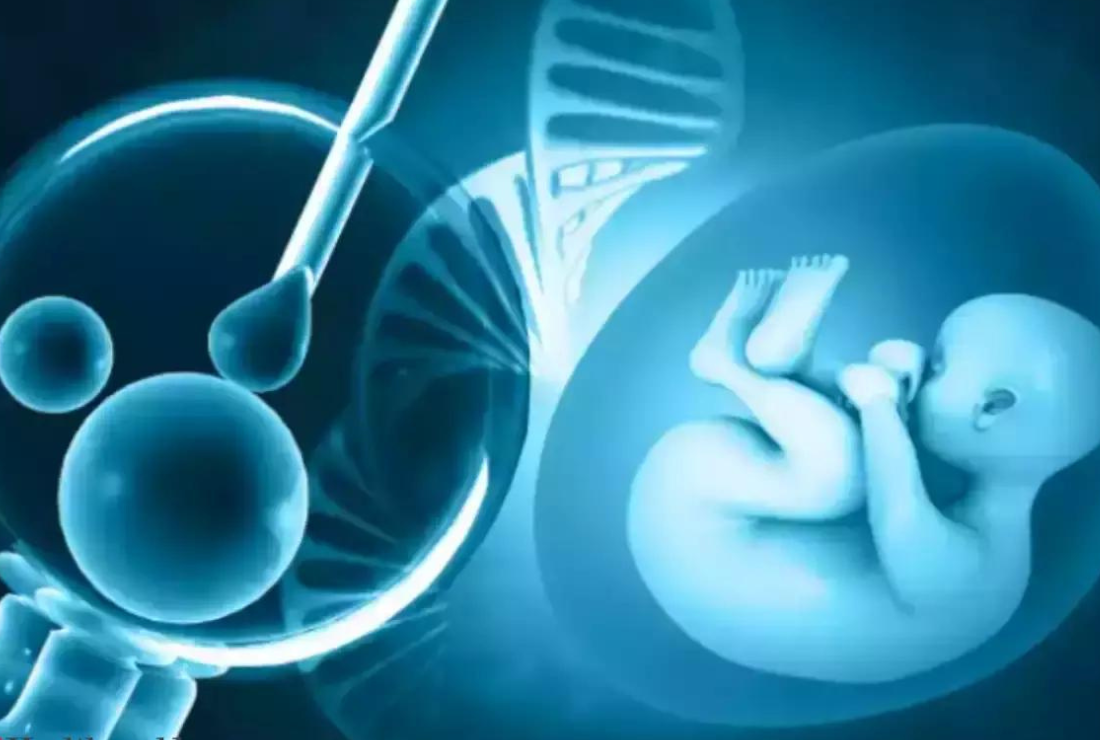
What is IUI?
September 02, 2022Intrauterine insemination (IUI) is a type of artificial insemination process of fertility. During ovulation, washed and concentrated sperm is placed directly inside your uterus. This allows healthy sperm to get closer to the egg when your ovaries release it. It is a common fertility treatment for couples or individuals who want to become pregnant.
You may take fertility medications that stimulate ovulation prior to the insemination procedure.Semen is obtained from either your partner or a donor. It undergoes a process known as "sperm washing," which collects a concentrated amount of healthy sperm from the sperm.
Healthcare providers frequently recommend IUI before more invasive and expensive fertility treatments. IUIs can be performed with your partner's sperm or donor sperm as well. Fertility drugs can be used to ensure that eggs are released during ovulation.
When the following conditions exist, intrauterine insemination (IUI) can be used
1. Cervical mucus problems or other cervix problems
2. Low in sperm count or other sperm related problems
3. You are utilising donor sperm.
4. Erection dysfunction or ejaculation
5. Hormonal allergy
6. Unknown cause of infertility
IUI success rate: Success rates vary depending on the underlying cause of infertility. IUI works best in people with unexplained infertility, as well as those who have problems with cervical mucus or ejaculation. Certain conditions, such as fallopian tube disorders, endometriosis, or severe sperm impairment, make IUI ineffective. Treatments such as IVF (in vitro fertilisation) may be more effective for these issues.

